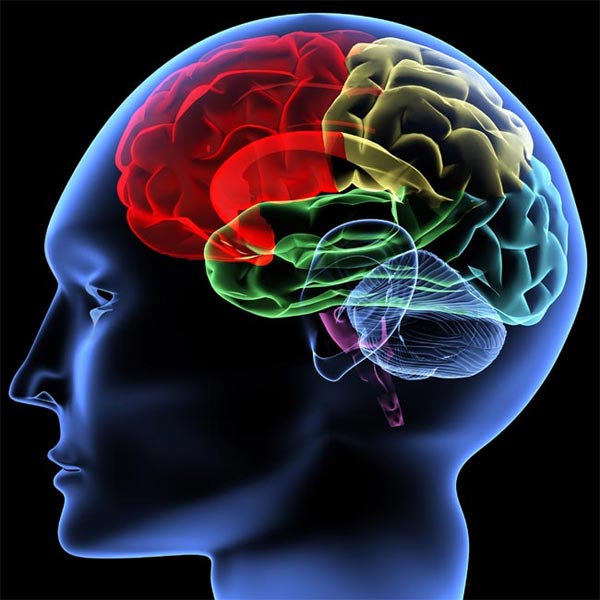Older Brains Work Harder to Multitask

As humans age, their brains may need to work harder to multitask, new research from Japan suggests.
In the study, older people's brains showed more activity in the frontal regions when multitasking compared to the brains of multitasking younger people. Frontal regions of the brain control complex tasks, such as memory, attention and planning.
The increased activity in these areas suggests multitasking is more mentally demanding for older people, the researchers said. This, in turn, may be related to the overall decline in brain function associated with age. [Want a Younger Brain? Try Eating Omega-3.]
The study involved 20 younger people, ages 21 to 35, and 15 older adults, ages 69 to 87.
Participants wore a device that measures the amount of blood flowing to the frontal regions of the brain. Measurements were taken as participants performed one of three activities: a physical task that consisted of stepping in place while sitting down, a mental task that consisted of performing a calculation, and a dual task that consisted of performing both the physical and mental task at the same time.
In all participants, blood flow to the frontal regions increased in the calculation and dual tasks. This revealed increased brain activity in those regions, since activity in brain cells leads to higher blood flow. By contrast, blood flow to the frontal regions did not increase in the physical task, likely because these areas of the brain do not control motor functions.
Researchers found the greatest difference between the groups during multitasking: Older people had higher levels of blood flow to their frontal regions than did younger people, and the increases in blood flow lasted for a longer time in the older individuals.
Sign up for the Live Science daily newsletter now
Get the world’s most fascinating discoveries delivered straight to your inbox.
Older participants also took fewer steps during multitasking than they did when performing the physical task by itself. On the other hand, older people performed just as many calculations correctly in the dual task as they did when performing the mental task by itself.
"It appears that older participants may turn their attention to the execution of the calculation task at the expense of the stepping task, while young subjects are able to maintain appropriate attention to both calculation and stepping," the researchers wrote in the Jan. 18 issue of the journal BMC Neuroscience.
"This finding suggests that older participants required increased [prefrontal cortex] activation in order to maintain attention to both the stepping and calculating tasks," the researchers wrote. The prefrontal cortex is one region in the front of the brain.
Pass it on: Frontal regions of the brain are more active when multitasking in older people compared to younger people.
Follow MyHealthNewsDaily on Twitter @MyHealth_MHND. Findus on Facebook.

Rachael is a Live Science contributor, and was a former channel editor and senior writer for Live Science between 2010 and 2022. She has a master's degree in journalism from New York University's Science, Health and Environmental Reporting Program. She also holds a B.S. in molecular biology and an M.S. in biology from the University of California, San Diego. Her work has appeared in Scienceline, The Washington Post and Scientific American.









